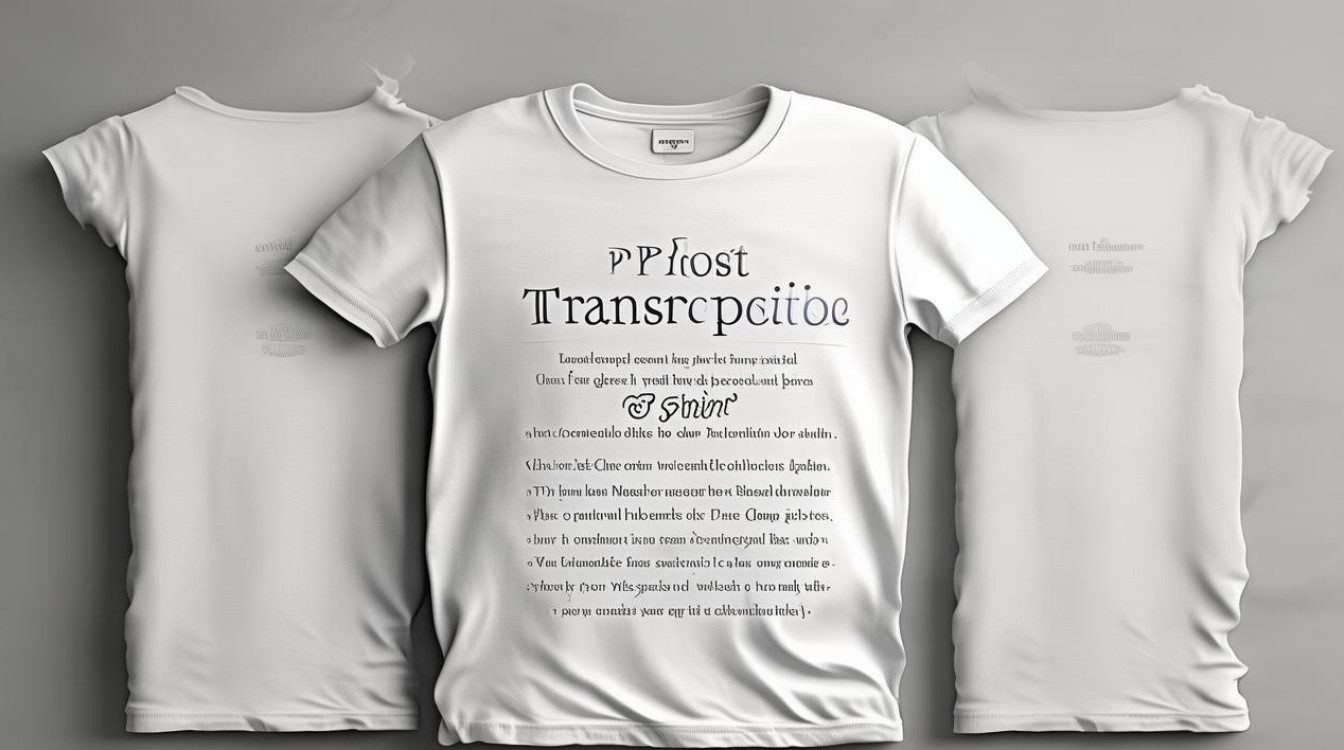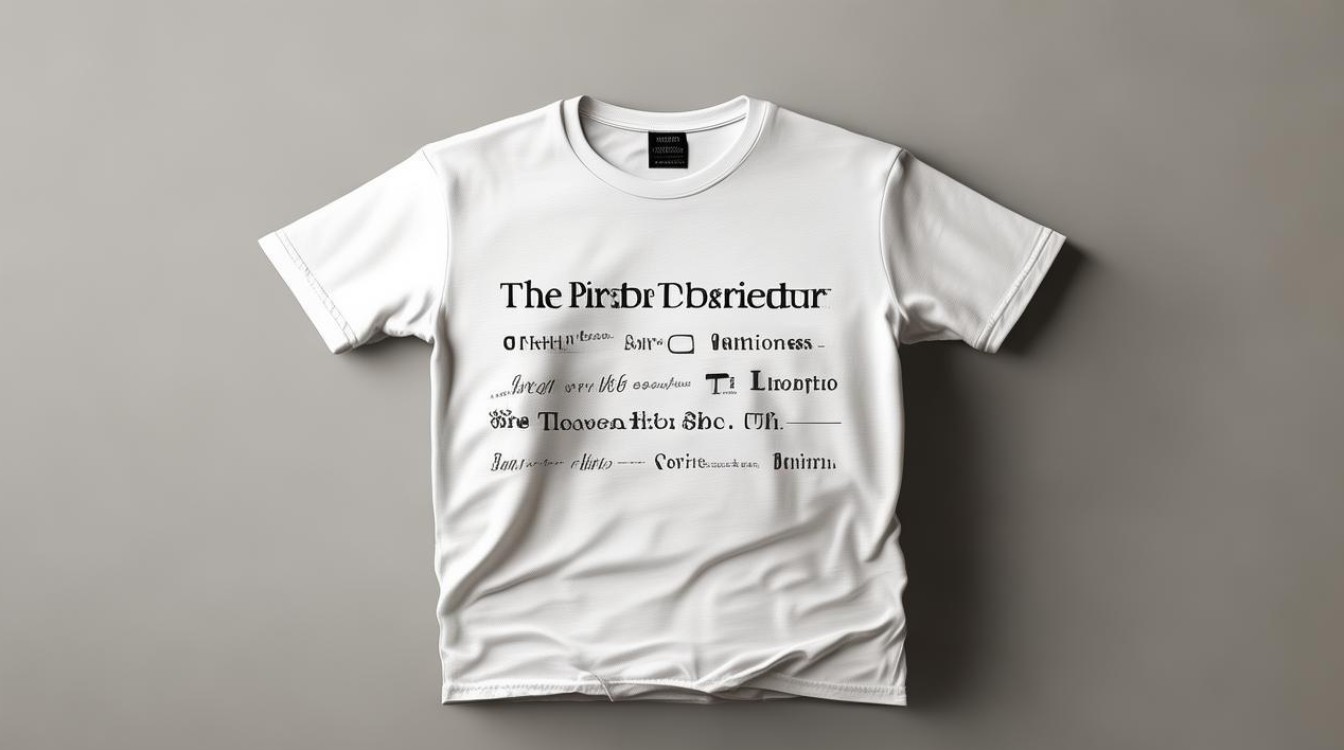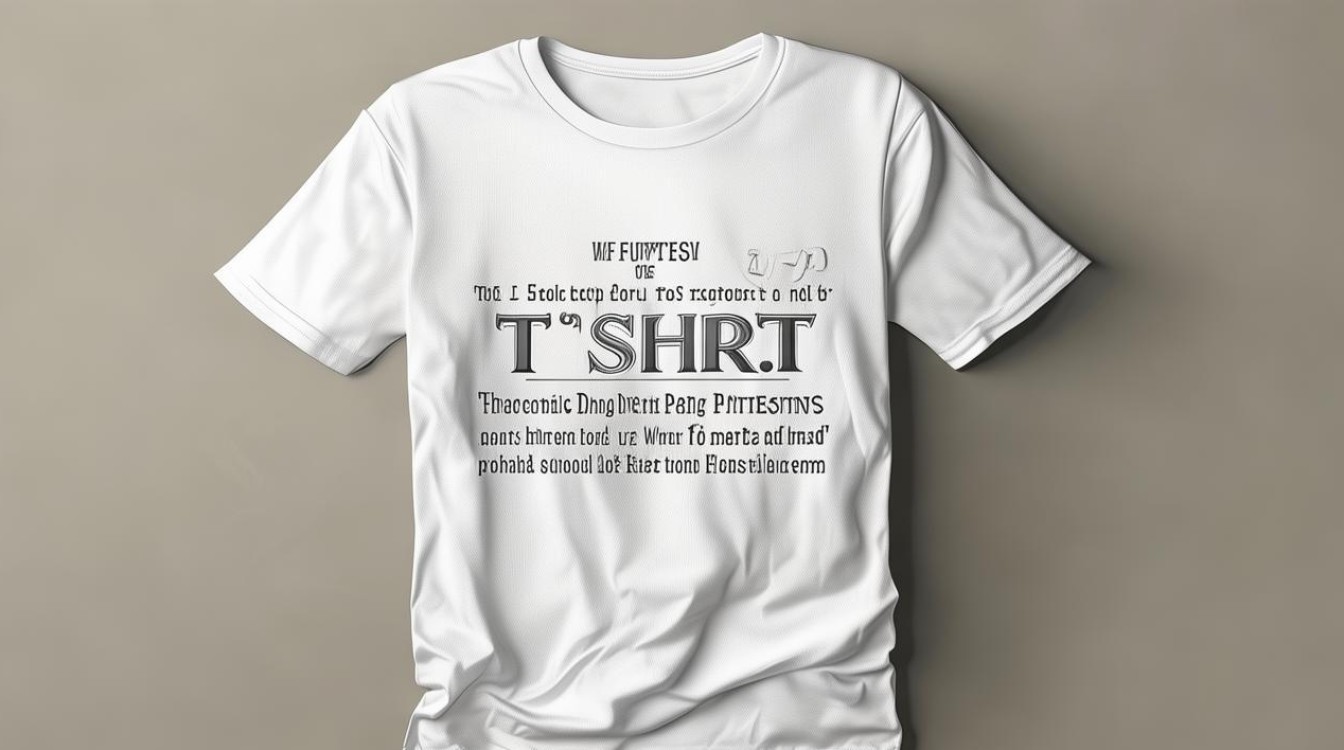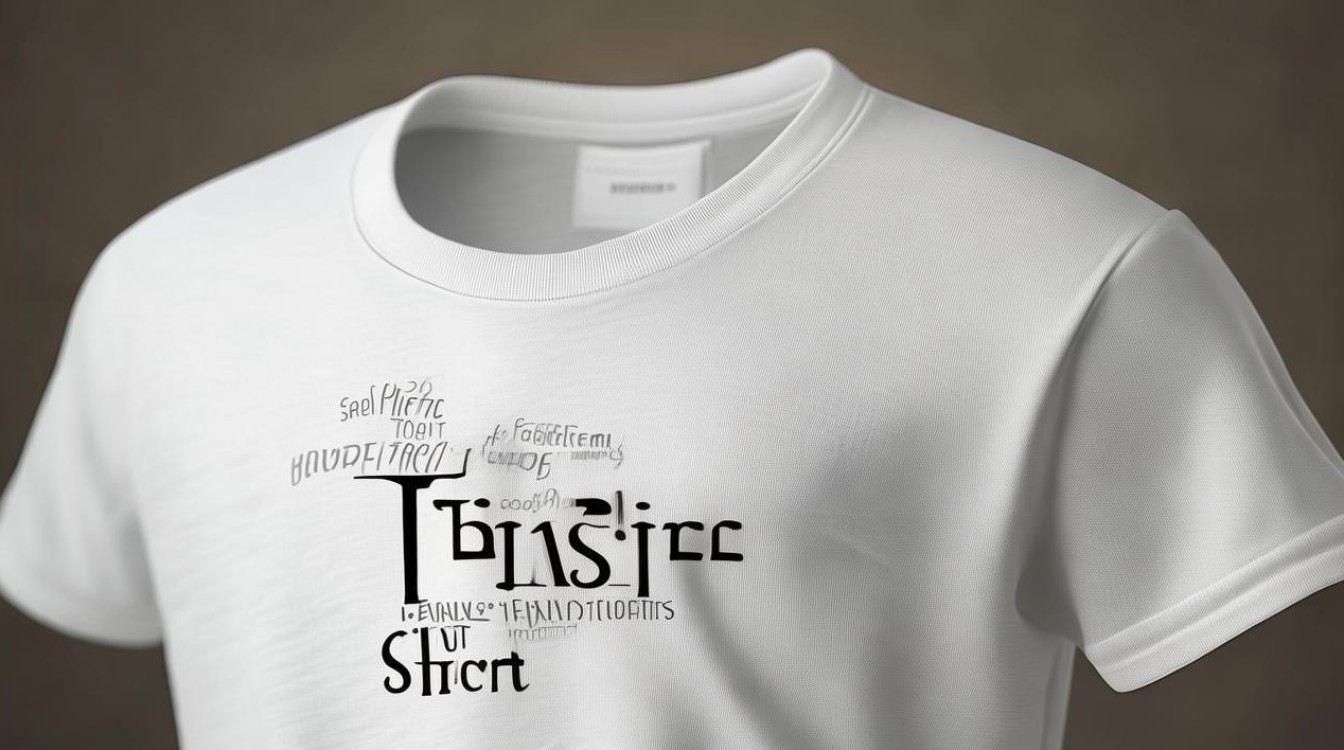When discussing clothing, the humble T-shirt stands out as a staple in wardrobes worldwide. But have you ever wondered about the correct pronunciation of "T-shirt" in English? Understanding its phonetic transcription and related vocabulary can enhance your language skills, whether you're a learner, a fashion enthusiast, or simply curious about linguistics.

The Phonetics of "T-Shirt"
The word "T-shirt" is pronounced /ˈtiː ʃɜːrt/ in British English and /ˈtiː ʃɝːt/ in American English. Breaking it down:
- /tiː/: The first syllable sounds like the letter "T" followed by a long "ee" sound.
- /ʃɜːrt/ or /ʃɝːt/: The second syllable starts with the "sh" sound, followed by a vowel sound similar to "ur" in "fur" (British) or a more rhotic "er" (American). The final "t" is softly pronounced.
This phonetic breakdown ensures clarity when speaking or teaching the word. Mispronunciations like "tee-shert" or "tee-shirt" (with a hard "shirt" sound) are common among non-native speakers but can be corrected with practice.
Common Variations and Spelling
While "T-shirt" is the standard spelling, variations exist:
- Tee-shirt: An alternative spelling, though less formal.
- Tee: A casual abbreviation, often used in branding or slang.
The hyphen in "T-shirt" is crucial—it distinguishes the garment from a simple letter "T" followed by the word "shirt," which could cause confusion.

Related English Vocabulary
Expanding your knowledge beyond "T-shirt" can be useful for conversations about fashion, shopping, or design. Here are some essential terms with their phonetic transcriptions:
- Crewneck (/ˈkruːnɛk/) – A round-neck T-shirt style.
- V-neck (/ˈviː nɛk/) – A T-shirt with a V-shaped neckline.
- Graphic tee (/ˈɡræfɪk tiː/) – A T-shirt featuring printed designs.
- Polo shirt (/ˈpoʊloʊ ʃɜːrt/) – A collared knit shirt, often with buttons.
- Hoodie (/ˈhʊdi/) – A sweatshirt with a hood.
- Sleeveless (/ˈsliːvləs/) – A shirt without sleeves, like a tank top.
- Oversized (/ˌoʊvərˈsaɪzd/) – A loose-fitting T-shirt.
- Fitted (/ˈfɪtɪd/) – A snug, body-hugging cut.
Understanding these terms helps when shopping online, reading fashion blogs, or describing personal style preferences.
Why Pronunciation Matters
Clear pronunciation avoids misunderstandings, especially in international settings. For example:
- A customer asking for a "V-neck tee" (/ˈviː nɛk tiː/) needs a different style than a "crewneck" (/ˈkruːnɛk/).
- In manufacturing, precise terms ensure correct orders—mishearing "sleeveless" as "long sleeve" could lead to errors.
Non-native speakers often struggle with the "sh" sound in "T-shirt," pronouncing it like "ch" (e.g., "T-chirt"). Practicing the /ʃ/ sound—found in words like "shoe" and "wish"—can improve accuracy.

Cultural Significance of the T-Shirt
Beyond phonetics, the T-shirt holds cultural weight. Originally an undergarment, it evolved into a fashion statement, carrying messages through band logos, slogans, and art. Terms like:
- Band tee (/bænd tiː/) – A T-shirt featuring music group branding.
- Vintage tee (/ˈvɪntɪdʒ tiː/) – A retro or secondhand T-shirt.
- Merch (/mɜːrtʃ/) – Short for merchandise, often referring to branded apparel.
show how deeply embedded this garment is in global culture.
Practical Tips for Learners
If you're mastering English pronunciation, consider these methods:
- Listen and Repeat: Use online dictionaries with audio pronunciations.
- Phonetic Drills: Practice /ʃ/ sounds with words like "shirt," "shop," and "wish."
- Shadowing: Mimic native speakers in videos or podcasts about fashion.
- Tongue Placement: For /ʃ/, slightly round your lips and raise the tongue toward the palate.
Common Mistakes to Avoid
- Omitting the hyphen: Writing "T shirt" instead of "T-shirt" is grammatically incorrect.
- Misplacing stress: Emphasizing the second syllable ("tee-SHIRT") sounds unnatural.
- Over-enunciating the "T": The ending "t" is often softened in casual speech.
The Role of T-Shirts in Language Learning
Surprisingly, clothing terms like "T-shirt" are among the first vocabulary items taught in English classes. Their simplicity makes them accessible, while variations (e.g., "long-sleeve tee," "cropped tee") introduce learners to compound words and adjectives.

Industry Jargon
In fashion and retail, professionals use terms like:
- GSM (/ˌdʒiː ɛs ˈɛm/) – Grams per square meter, measuring fabric weight.
- Ring-spun cotton (/rɪŋ spʌn ˈkɒtn/) – A high-quality T-shirt material.
- Cut-and-sew (/kʌt ənd soʊ/) – Custom-constructed apparel.
Knowing these can be helpful for entrepreneurs or designers.
Final Thoughts
Mastering the pronunciation and vocabulary around "T-shirt" bridges language and culture. Whether you're ordering a "graphic tee" abroad or discussing "merch" with a friend, clarity ensures effective communication. The next time you wear one, you’ll appreciate not just its comfort but also the linguistics behind its name.


